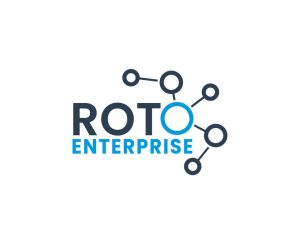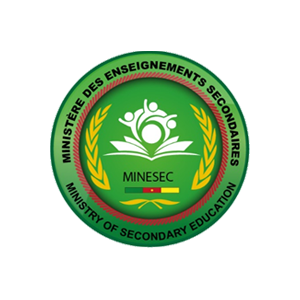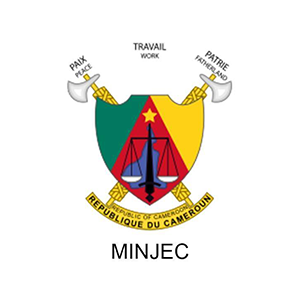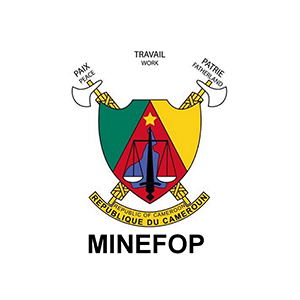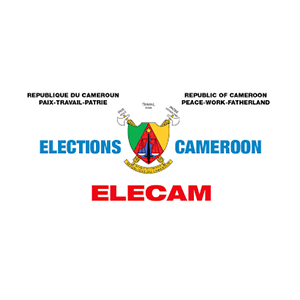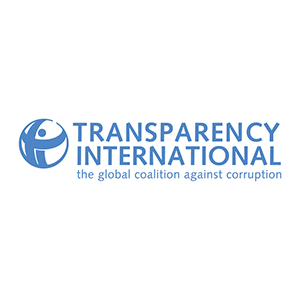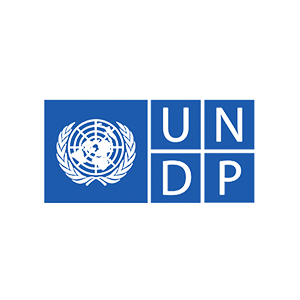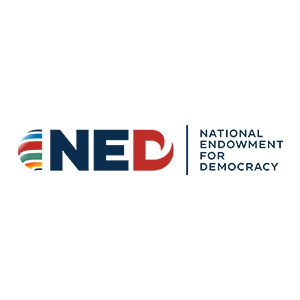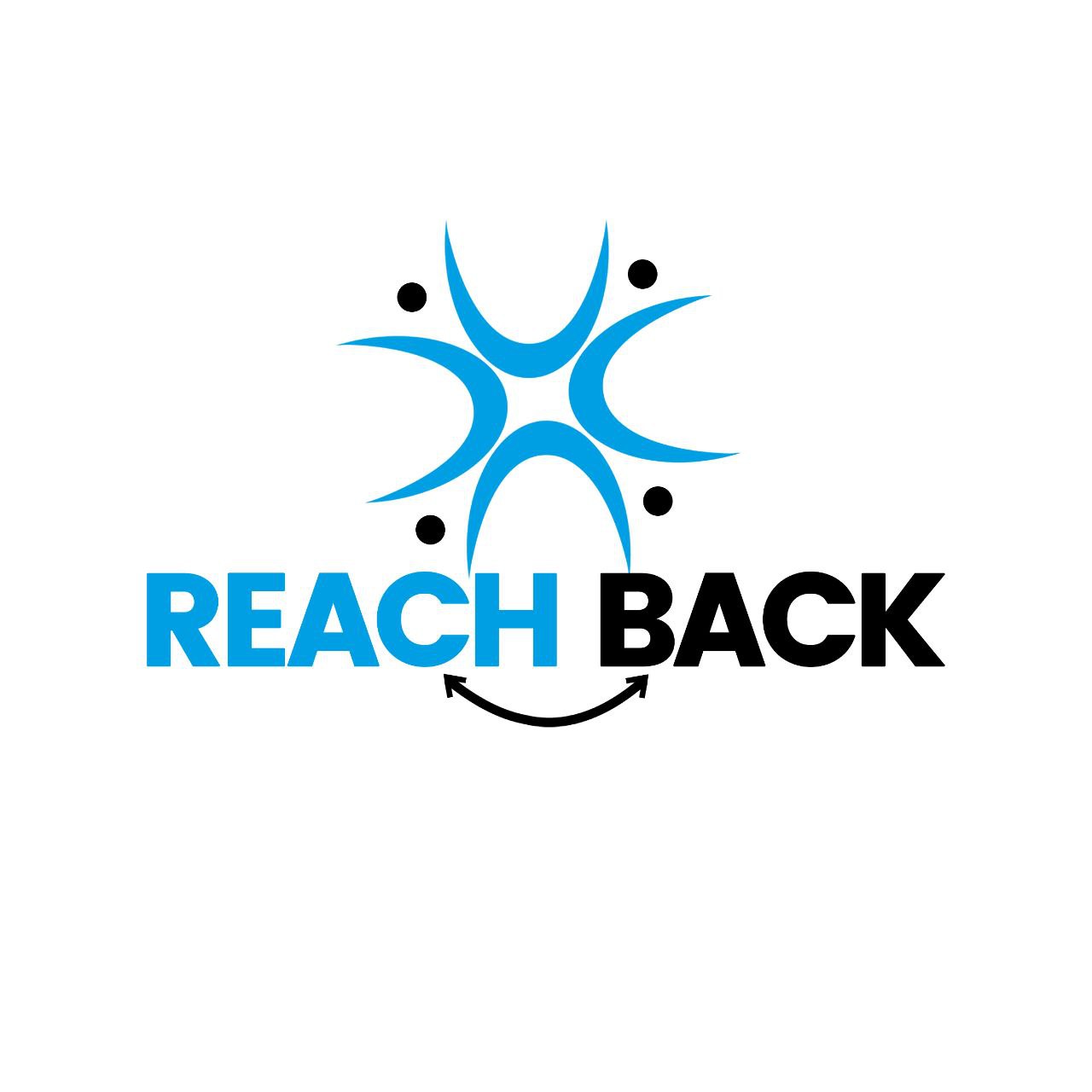Get in Touch +237 696 999 205 +237 676 737 930
who we are
About REACH BACK
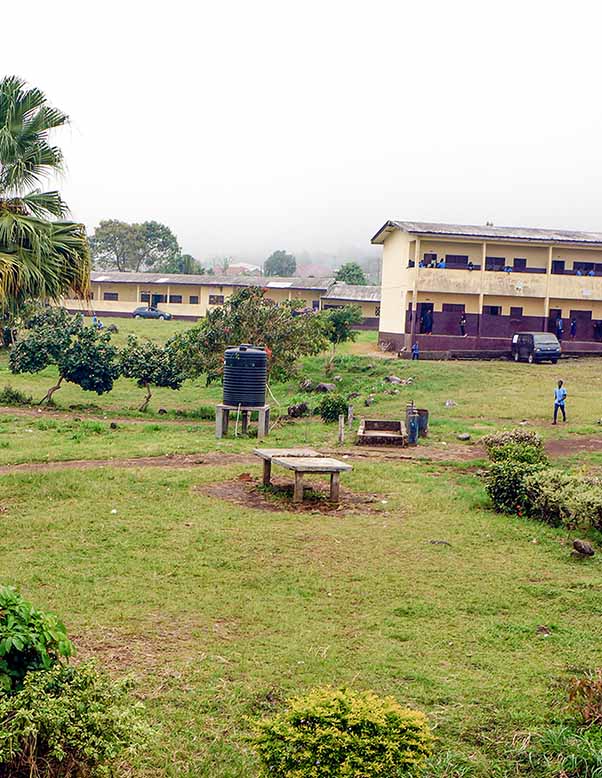
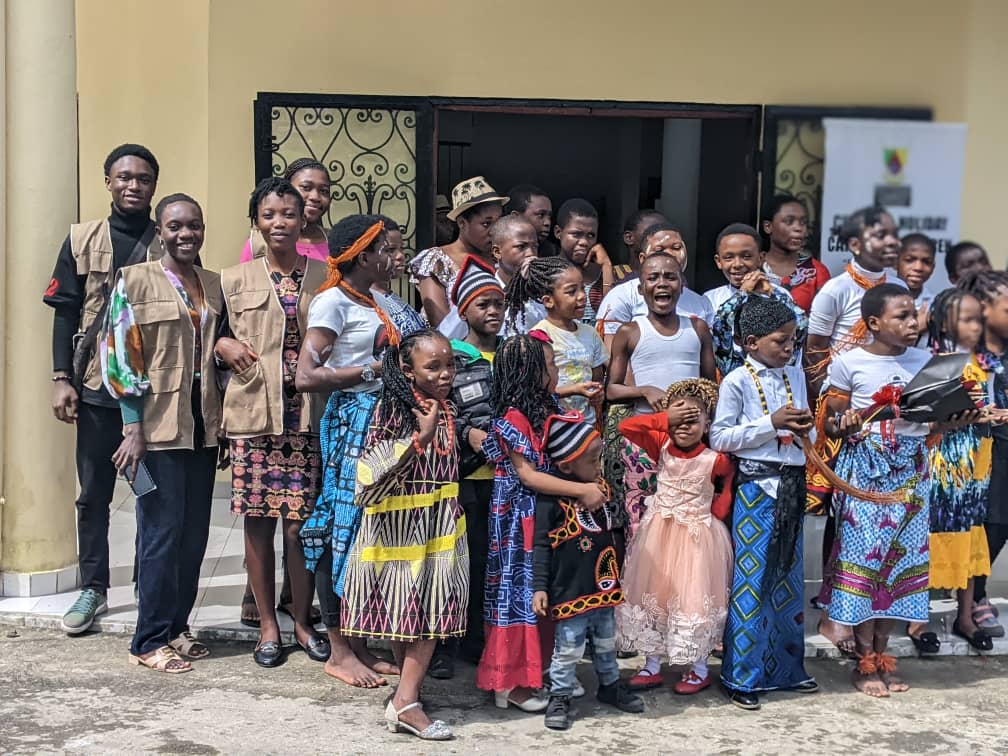
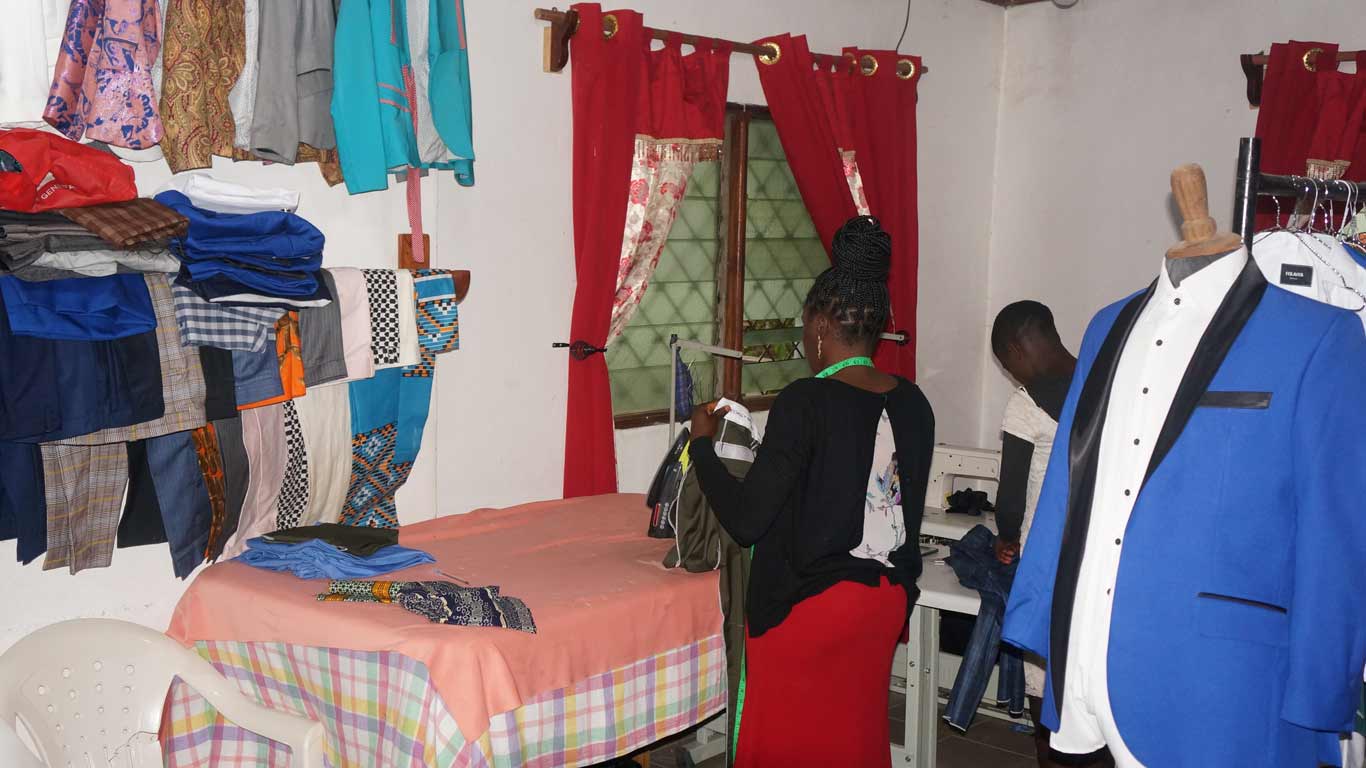
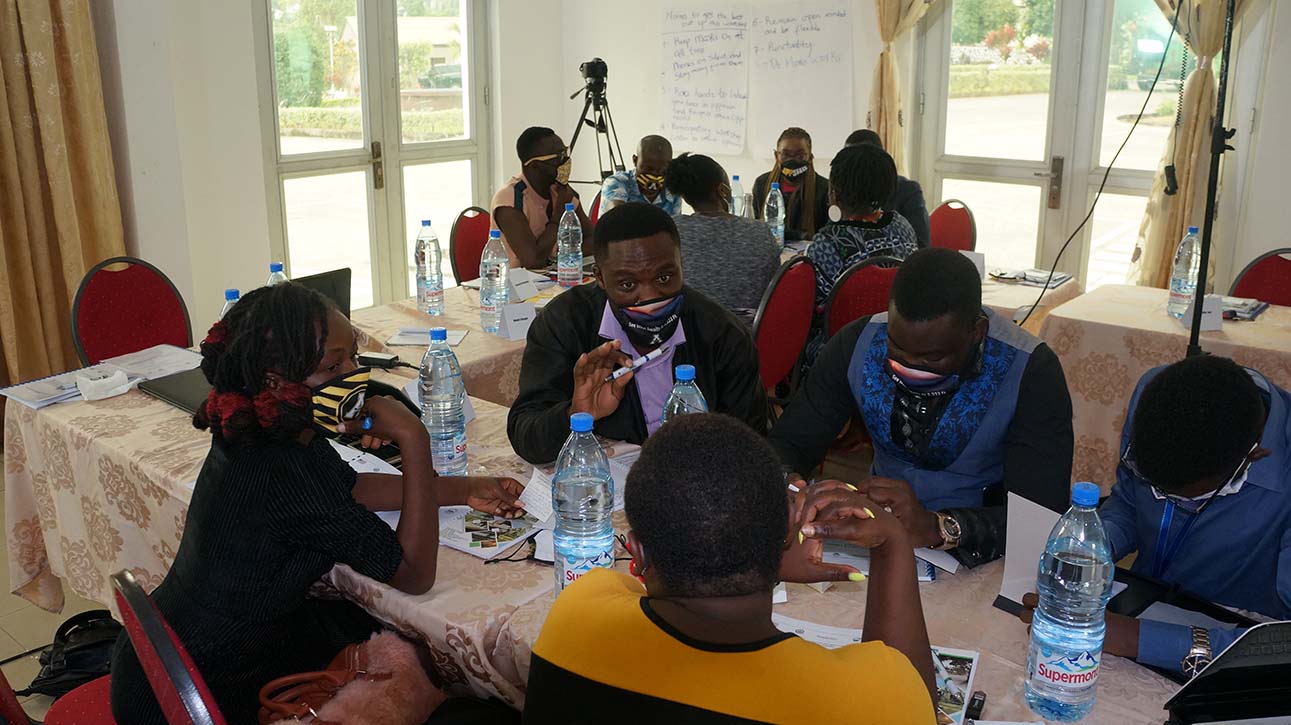
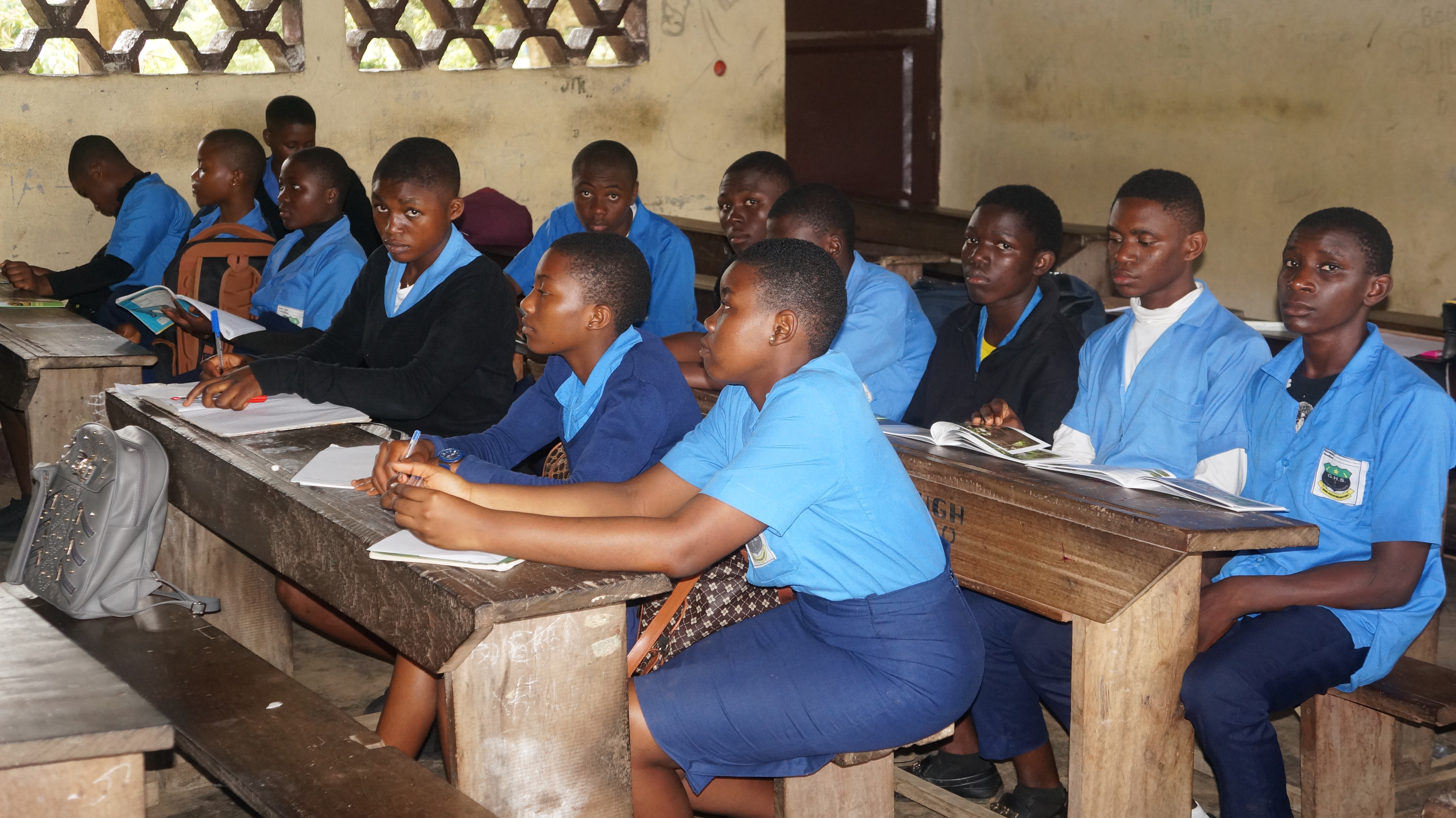
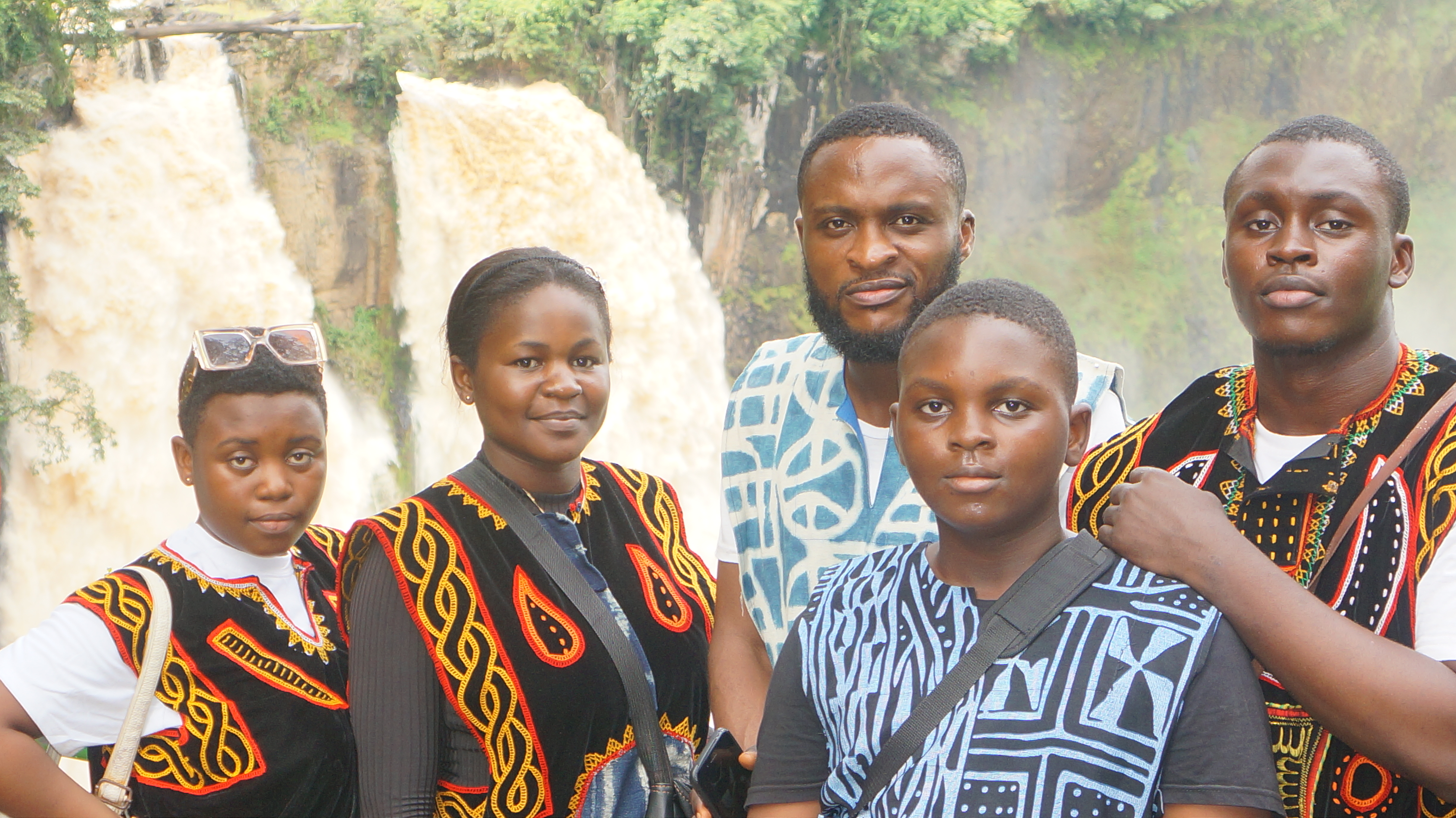

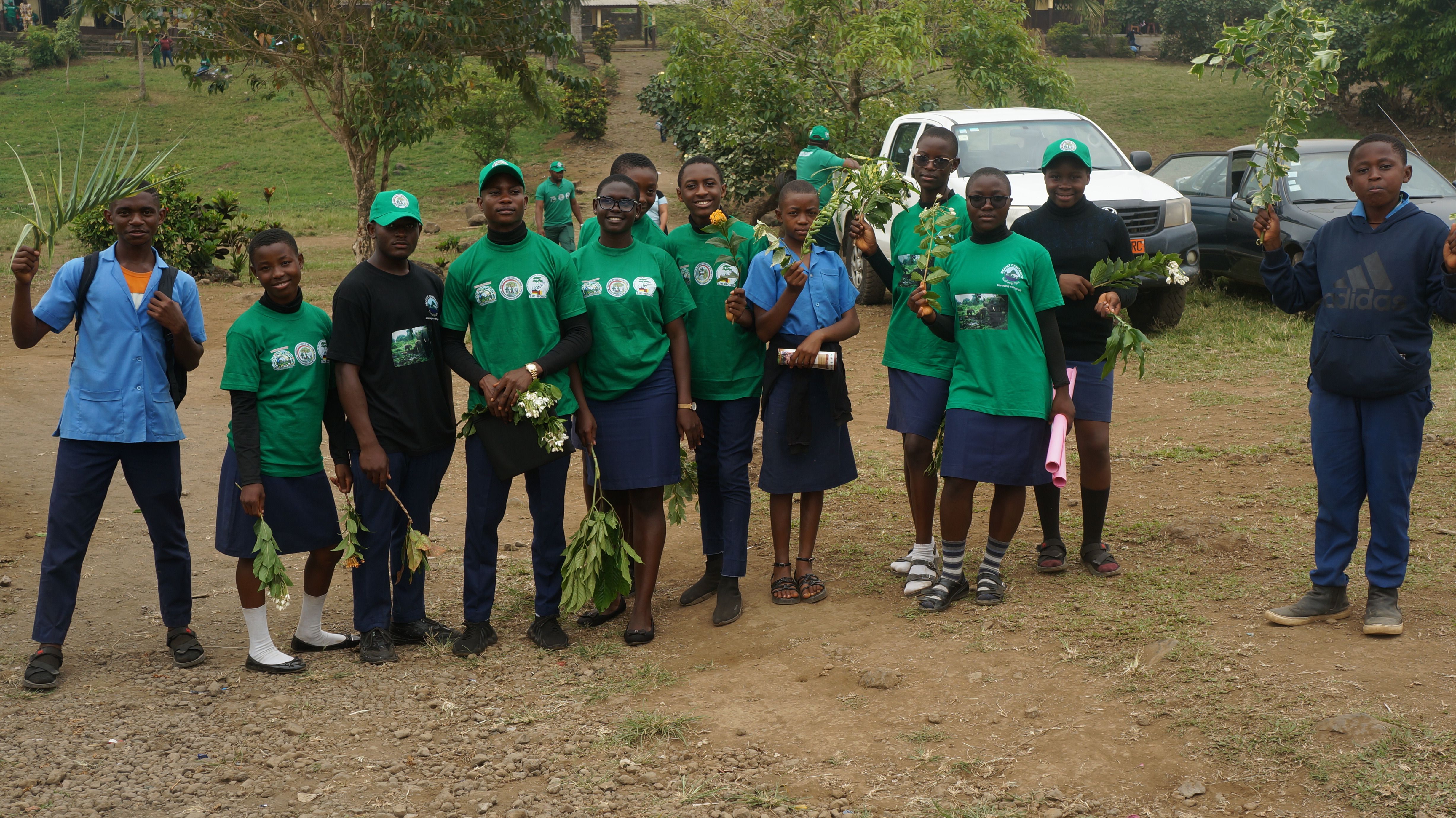
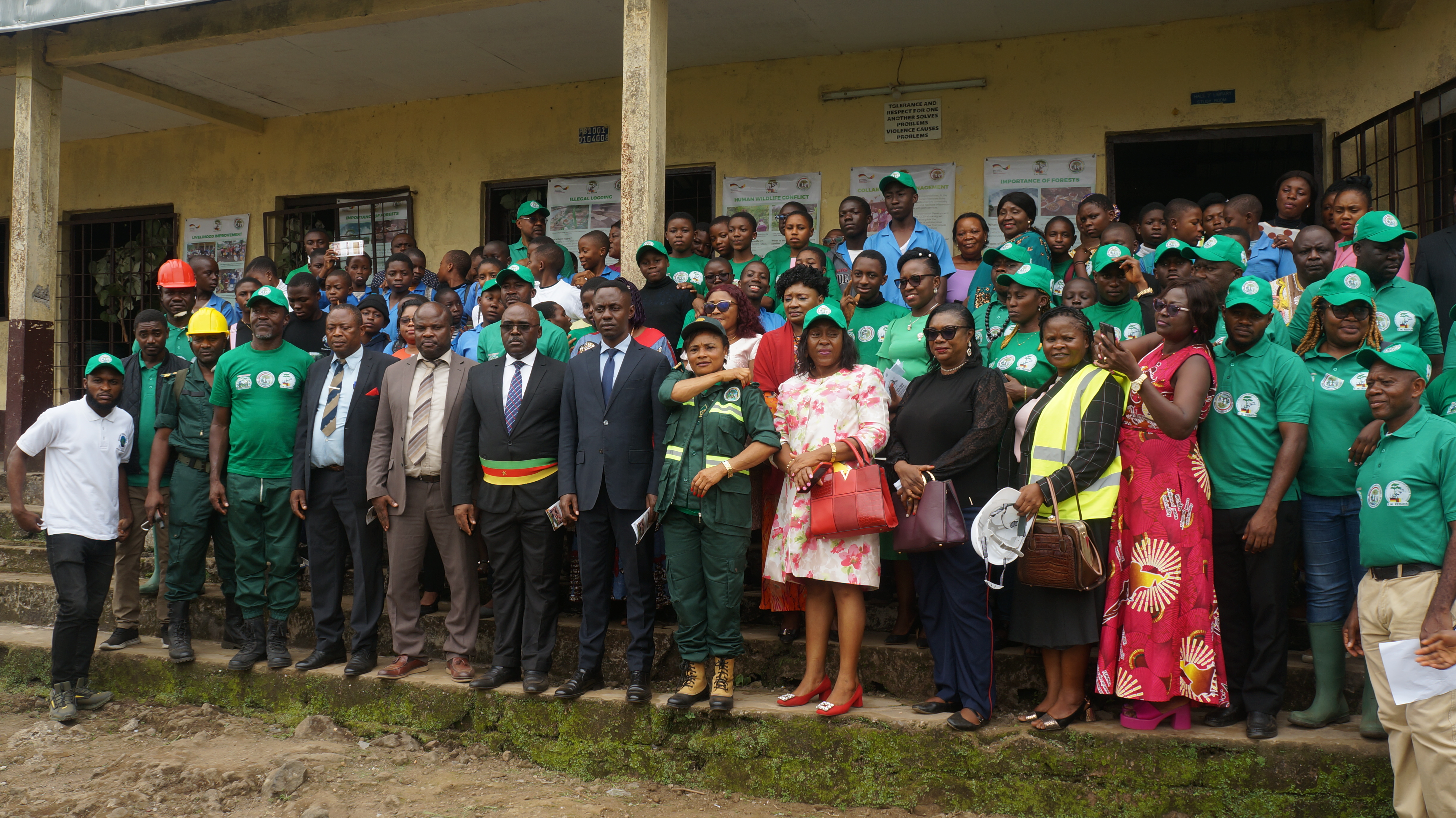
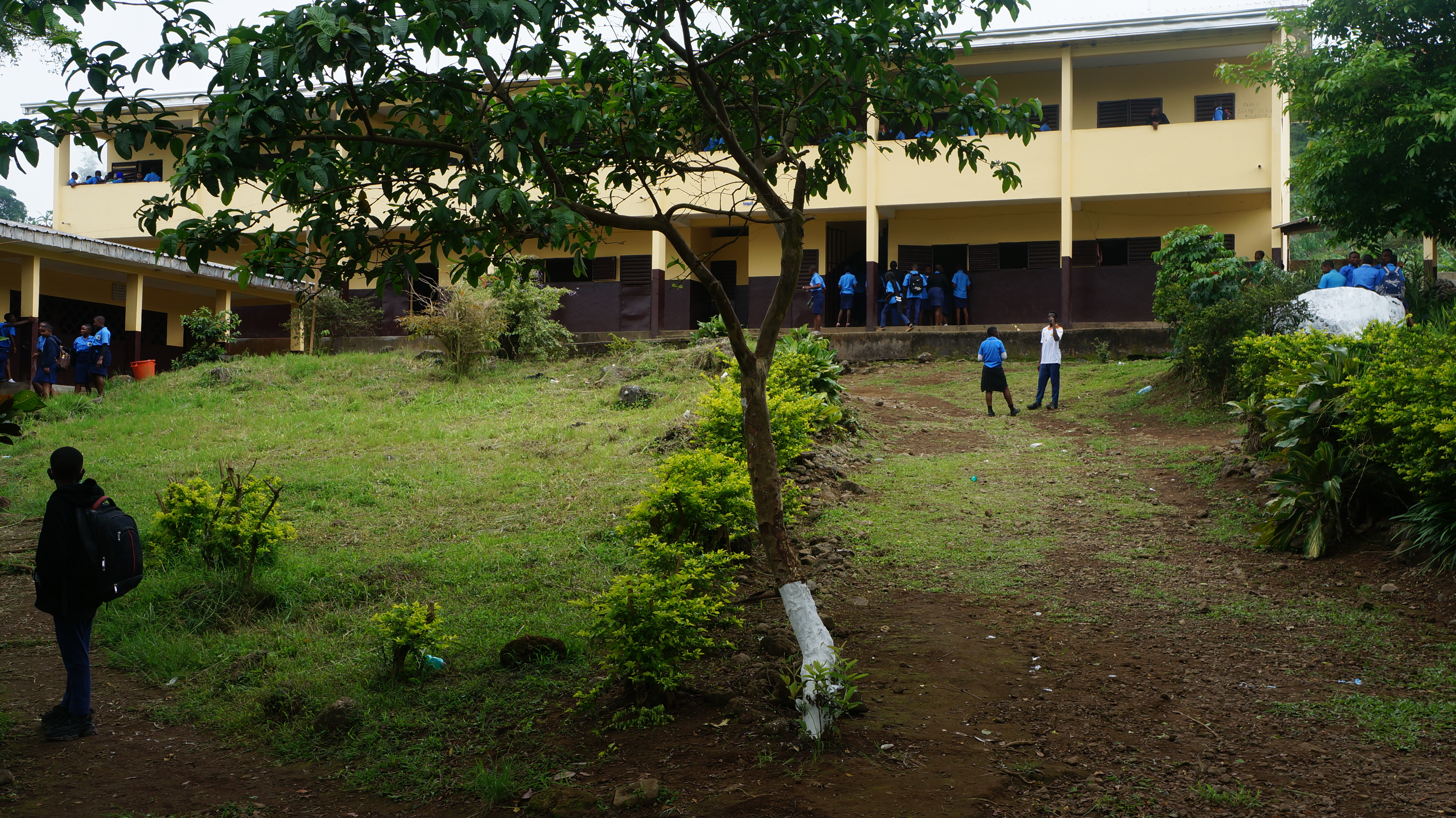
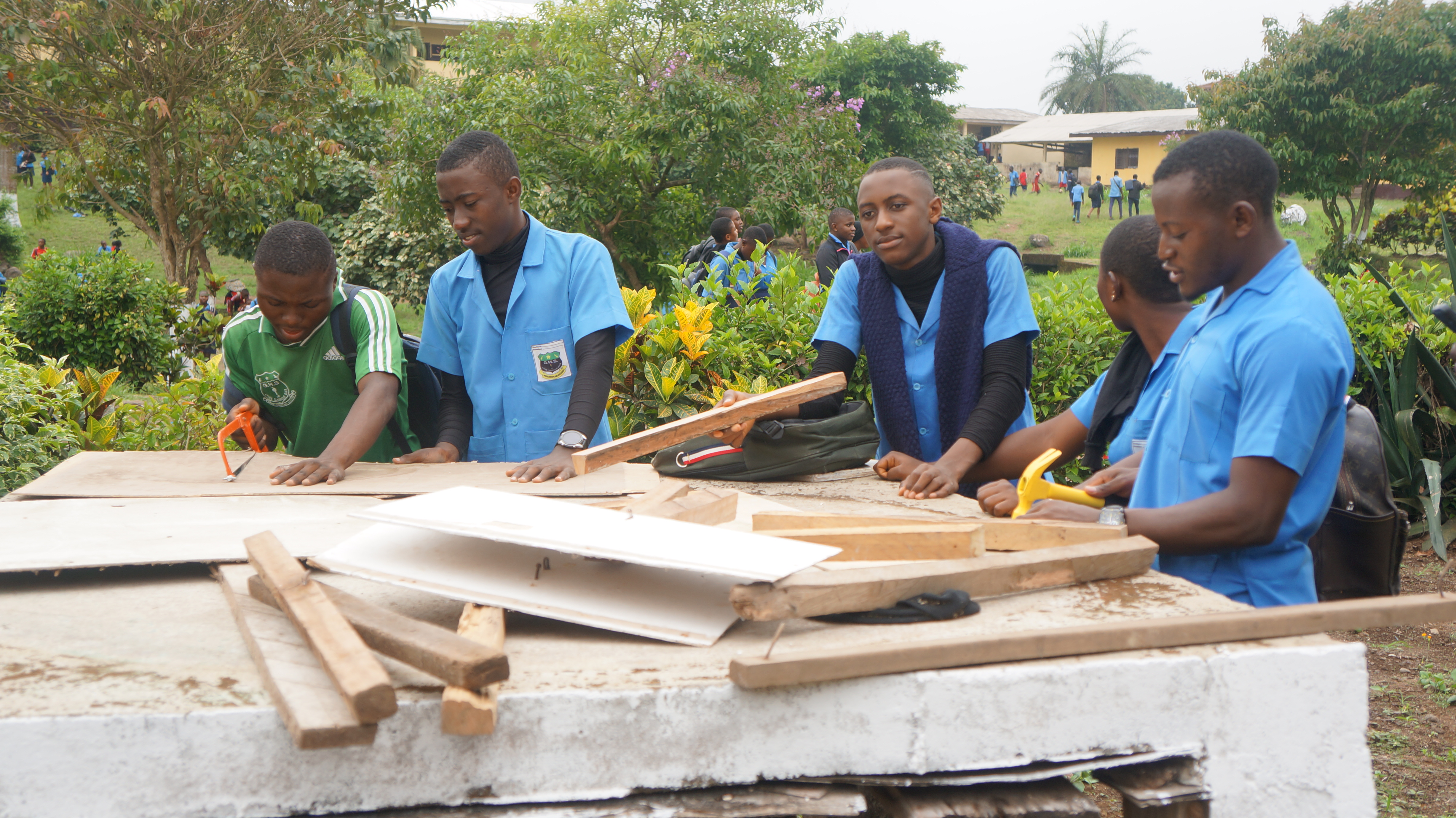
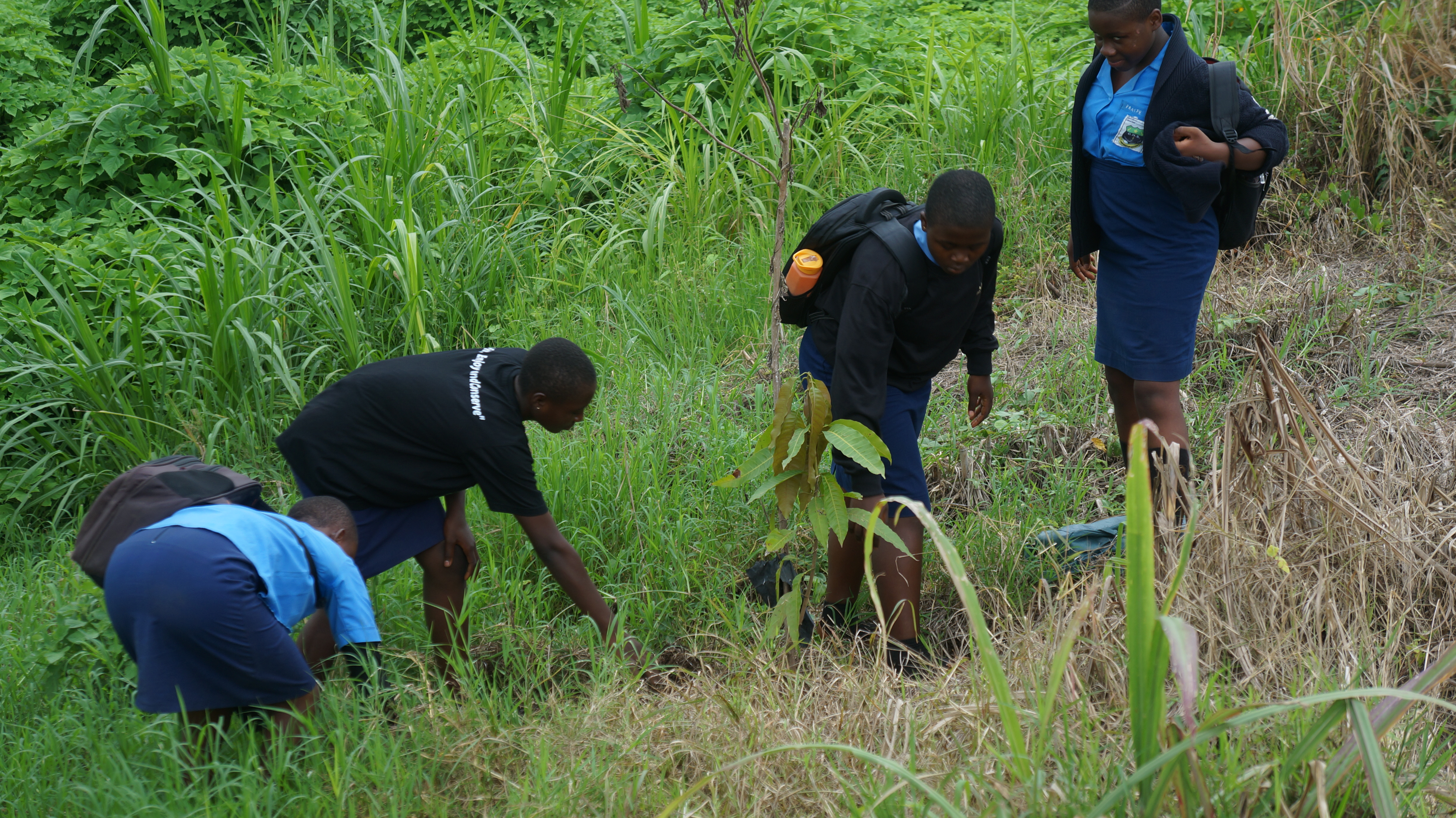
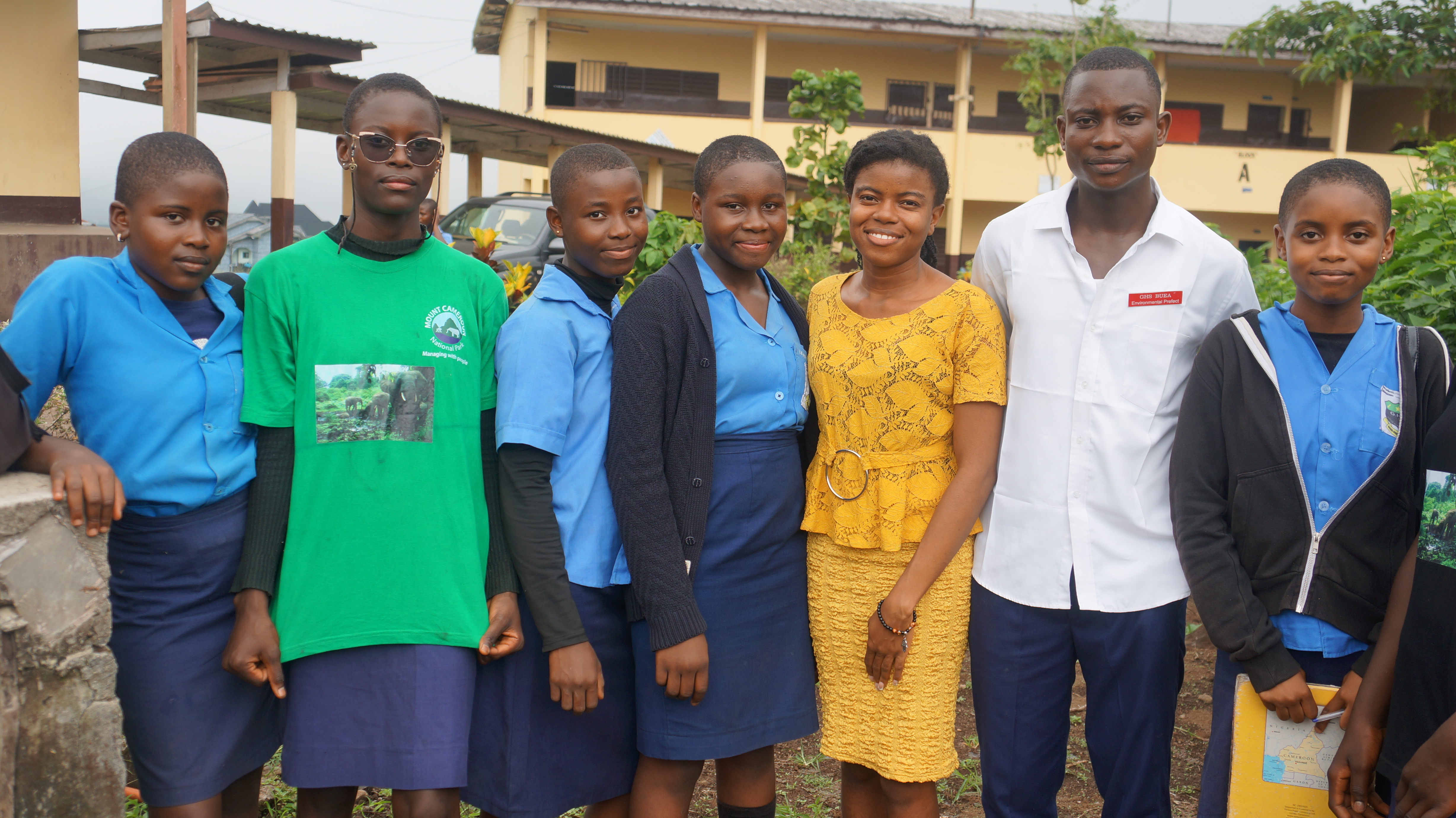
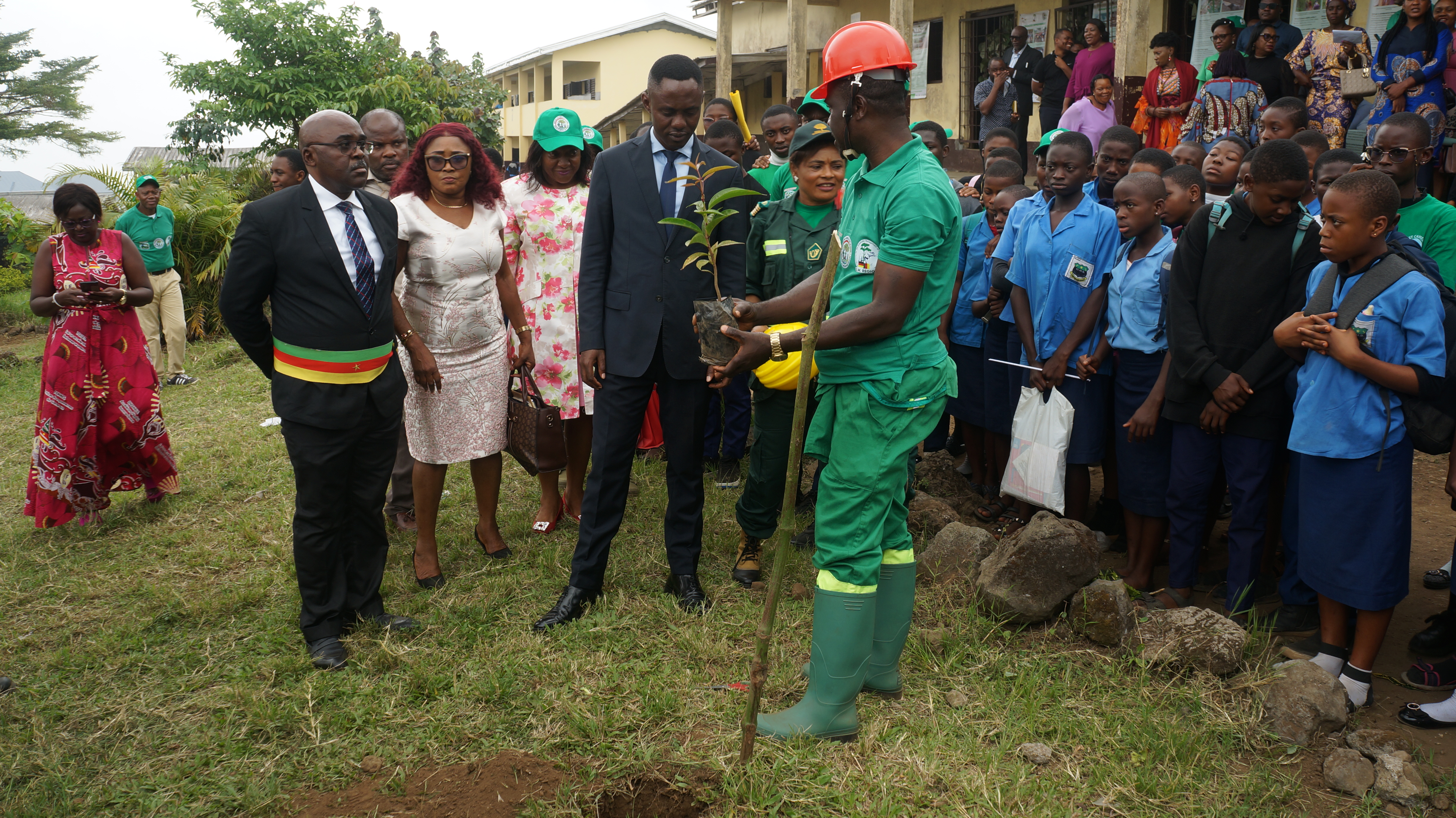
ABOUT US
Empowering Communities In Both Normal And Emergency Situations, One Step At A Time.
Welcome to REACH BACK
At REACH BACK, we are committed to transforming lives and building resilient communities.
Our mission is to raise the next generation of leaders and provide an enabling environment to them to effectively reach back and champion change in their own communities through our Reach One Teach One programs (ROTO programs).
In schools and our established Temporary Learning Spaces (TLS) in both normal and emergency situations, we run these Reach One Teach One programs to ensuring that children aged 4-17 and youth aged 18-35
- Have access to quality education, technology and literacy.
- Benefit from WASH and basic healthcare services.
- Are protected from exploitation, neglect, abuse and violence.
- Adopt friendly environmental practices.
- Gain essential hands-on skills and soft skills.
- Freely exercise their civic responsibilities.
- Actively participate in extracurricular activities.
- Showcase and preserve their culture.
In crisis affected areas such as in the NWSW regions of Cameroon, we set up Temporary Learning Spaces (TLS) which also serve as Child Friendly Spaces (CFS).
In our Temporary Learning Spaces, affected children and youth benefit from quality education, psychosocial support, a safe environment and the possibility of being re-integrated into formal schools.
In order to effectively operate these Temporary Learning Spaces (TLS), we implement the following structured and impactful programs.
- We implement foundational courses in reading, writing, and math for children who may have missed or lagged in schooling through our ROTO Basic Literacy and Numeracy program.
- We offer vocational training in fields like tailoring, computer skills, carpentry, manicure, pedicure, barbering, hairdressing especially for older youth through our ROTO Sustainable Livelihood program which aligns with our goal of fostering hands-on skills.
- We conduct regular workshops and training on PSEA (Protection from Sexual Exploitation and Abuse) to raise awareness, create safe spaces, and report incidents effectively.
- We engage trained facilitators to support children with trauma recovery activities, creating a healing environment through play therapy, art, or music therapy.
- We maintain clean water sources and sanitation facilities while educating children on hygiene practices, recycling and waste management to prevent diseases and preserve their local environment.
- We handle Case Management, do referrals and provide the possibility of children being re-integrated into formal schools.
- And More...
In our Child Friendly Spaces, we thrive to provide a nurturing environment where affected children and youth feel safe, engaged, and supported. In addition to the activities run within the TLS, we carry out the following CFS activities:
- We use preloaded interactive radio lessons, especially in emergency settings, to cover core subjects.
- We organize soccer, basketball, and group games to improve physical health and social interaction.
- We let children explore their creativity through drawing, painting, and crafts.
- We organize interactive sessions on civic duties, respect for others, and community involvement.
- We organize traditional music, dances, or storytelling sessions to foster cultural identity.
- And More...
These Temporal Learning Spaces and Children Friendly Spaces, are managed by highly trained ROTO supervisors and facilitators in psychosocial support, teaching methodologies, and child protection.
In the NWSW regions of Cameroon, we currently run 03 Temporary Learning Spaces: 01 in Buea, precisely in Bokwaongo; 01 in Bamenda, precisely in Mile 90 Nsongwa; and 01 in Banso, precisely in Kingomen village.
In formal schools, we collaborate with the school administration to strengthen and reinforce the following.
- ACCESS TO QUALITY EDUCATION:
Here, we collaborate with the school administration to create supportive learning environments, provide essential resources, and engage stakeholders in several innovative ways. In order to achieve this, we- Provide textbooks, notebooks, school fees, shoes, uniforms, writing materials, and technology like tablets or computers, especially in under-resourced schools, ensuring all students have access to learning tools.
- Set up or enhance school libraries and reading corners stocked with age-appropriate books to foster a reading culture and improve literacy skills.
- Reinforce e-learning resources like educational apps, preloaded lessons, and interactive digital content for subjects across the curriculum, enhancing learning in both traditional and tech-assisted settings.
- Provide advanced learning opportunities or specialized clubs for students who show strong aptitude in certain subjects like STEM, allowing them to explore their interests and potential.
- Offer workshop sessions for parents on how to support their children’s education at home, covering topics like study habits, literacy support, and positive reinforcement.
- Provide specialized materials, such as Braille books or assistive technology, for students with disabilities, ensuring that every child has access to learning.
- Introduce basic vocational training in areas like computer literacy, agriculture, hairdressing, manicure, pedicure, barbering, or tailoring, enabling students to acquire skills that can lead to self-employment or job opportunities.
- And More...
- WASH and basic Healthcare services (Water Supply, Sanitation and Hygiene promotion):
Together with the school administration, we thrive to improve student and teacher health, attendance, and overall well-being. In order to achieve this, we
- Carryout or support clean water access projects like Installing water tanks, wells, or boreholes or rainwater harvesting systems to ensure that the school has a reliable source of clean water.
- Establish or support hygiene facilities like handwashing stations with soap at key locations, like near bathrooms, cafeterias, and classrooms, to encourage regular hand hygiene.
- Organize regular clean-up events where students participate in keeping their school environment clean, fostering pride and responsibility in maintaining hygiene.
- Support adolescent girls by providing reusable sanitary products and creating safe, private changing areas to ensure they don’t miss school due to lack of supplies.
- Provide schools with health and sanitary kits that contain essential items such as bandages, antiseptics, basic medications, soap, toothpaste, toothbrushes, and sanitary pads especially in underserved areas where access to these items is limited.
- Collaborate with local health authorities to facilitate vaccination drives within schools, especially for common vaccines against diseases like measles, tetanus, and yellow fever.
- Conduct routine checks on water and sanitation facilities to ensure they are functioning and meeting students' needs.
- Organize WASH awareness events that involve parents, students, and community members in school and neighborhood like clean-ups, strengthening community ties and reinforcing better health, hygiene, and sanitation practices both at home and in school.
- And More...
- CHILD PROTECTION (Prevention of and Response to Abuse, Neglect, Exploitation and Violence against Children):
Here, we collaborate with the school administration and counselors to create safe, supportive, and responsive environments. This is done by
- Reinforcing child protection policies and organizing training in schools outlining child protection standards, reporting mechanisms, and guidelines for staff and students.
- Promoting awareness campaigns on children's rights and responsibilities, and zero-tolerance to bullying and harassment, helping students understand their right to safety, respect, and protection from abuse so as to prioritize their protection both in and out of school.
- Designating safe spaces in schools where children can go if they feel threatened or uncomfortable and have staff trained to provide immediate support in these areas.
- Equipping students with life skills, resilience and coping skills, and basic self-defense techniques, assertiveness, and safe ways to respond to uncomfortable or harmful situations.
- Providing Psychosocial Support Services and Referrals for specialized supports to ensure mental health support to students dealing with trauma, abuse, or stress.
- Implementing Protection from Sexual Exploitation and Abuse (PSEA) to prevent and address sexual exploitation and abuse, with protocols on reporting, investigation, and accountability of perpetrators duly followed.
- And More...
- GREEN SCHOOLS:
In order to achieve this, we work closely with the school administration and members of the environmental club to
- carryout workshops on climate change, biodiversity, waste management, recycling, water conservation, and energy use.
- Install bins for sorting recyclables, compost, and non-recyclables, with posters and campaigns educating students on proper disposal.
- Run challenges for students to minimize waste, with incentives for schools that successfully reduce their waste output.
- Establish school gardens, composting and tree planting where students can learn about food production, organic farming, and sustainable land use.
- Organize tree-planting days, potentially partnering with local authorities or environmental NGOs to provide seedlings and resources.
- Support students in organizing outreach programs where they can share their knowledge on sustainability with the wider community.
- And More...
- SCHOOL GOVERNANCE AND EXTRACURRICULAR ACTIVITIES:
In very close collaboration with the school administration, students and teachers, we
- Promote ethical leadership and active citizenship by organizing free and fair student government elections (class prefects, school prefects and club leaders) that allow students to practice democracy, decision-making, and governance.
- Organize workshops on leadership, conflict resolution, and team-building skills, equipping the elected student leaders with tools to effectively lead and represent their peers.
- Encourage schools to reinforce the involvement of student representatives in meetings and planning committees, allowing students to voice their opinions on school policies and activities.
- Organize events to celebrate local and national cultural heritage, allowing students to showcase and learn about their traditions through dance, music, drama, and art.
- Support or host inter-school or intra-school competitions in sports, arts, debate, writing, and other cultural expressions, recognizing student talents and encouraging broad participation.
- Encourage and assist students and teachers aged 20 years and above to register, vote and protect their votes during local and national elections.
- Offer small grants or resources for student-led initiatives that contribute to school improvement or community welfare.
- Organize a 10-day ROTO YouthConnekt Summit that brings together outstanding youth leaders aged 15-35 to better share, appreciate, expose, and catapult their initiatives or impacts to a broader audience and possible opportunities.
In conclusion, we currently run Temporary Learning Spaces in Buea, Bamenda and Banso. And work in close collaboration with some schools in Buea but we intend to extend to other schools and set up more Temporary Learning Spaces in the NWSW regions and country at large depending on our resources. We are moving one step at a time.
Join us in our mission in creating a brighter, more sustainable future for all. Together, we can reach back and lift up.
Our Vision & Mission
Page Navigation
Our Vision
Our vision is to:
“Establish a powerful nongovernmental organization in Africa that champions sustainable development from the grassroots in both normal and emergency situations by ensuring that more youths in schools and local communities are properly educated and actively involved in leadership development, civic engagement, economic empowerment, climate action and technology at all levels".
Our Mission
Our mission is to:
“Raise the next generation of leaders and provide an enabling environment to them to effectively reach back and champion change in their own communities through our Reach One Teach One programs (ROTO programs)".
Objectives
To run Reach One Teach One or ROTO outreach programs in communities so as to ensure sustainable development in these communities.
To promote culture, leisure, sports and extracurricular activities in communities so as to enrich the living together bond and exposure of talents in these communities.
To train and engage more youths in community engagement and democratic processes so as to entitle them champion change in their own communities at all levels.
To promote sustainable grassroots economic growth and purpose-driven education by providing scholarships and vocational training opportunities to more youths to solve their community problems.
To bring together outstanding community youth leaders to our ROTO Youthconnekt Summit every year so as to permit them better network and be fully equipped to champion change in their own communities.
Our Partners
